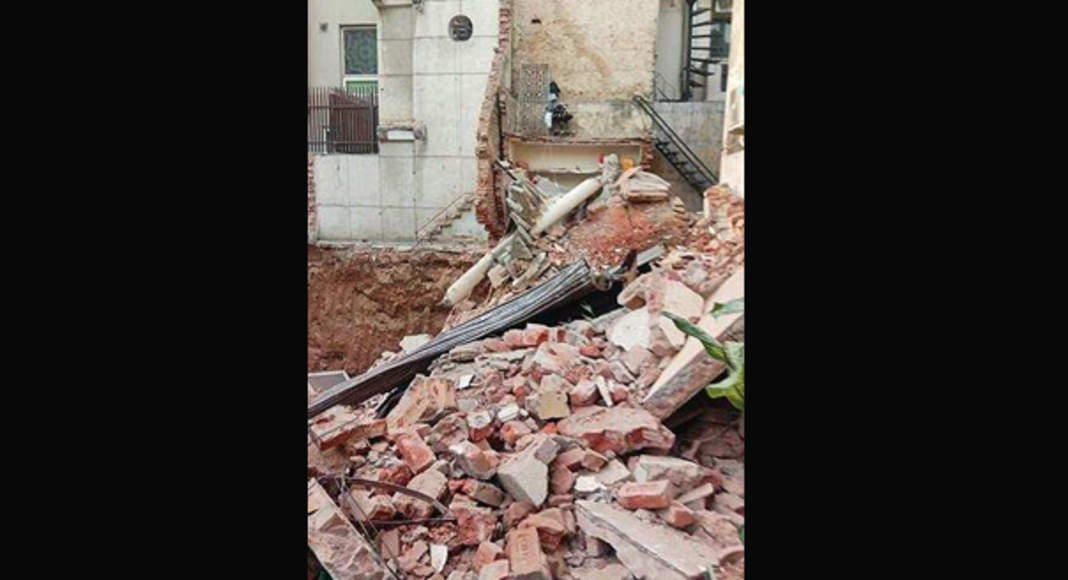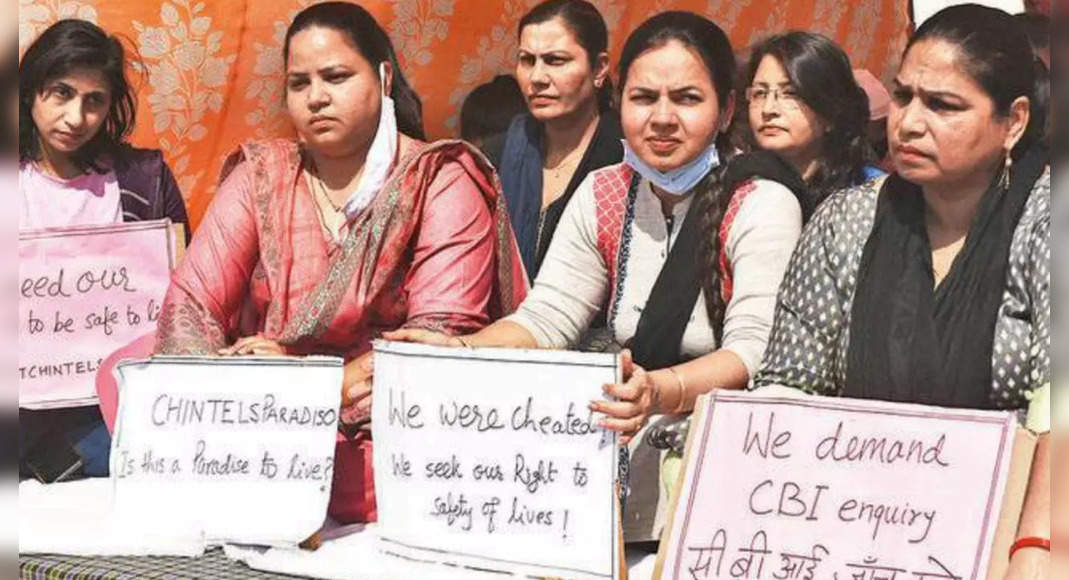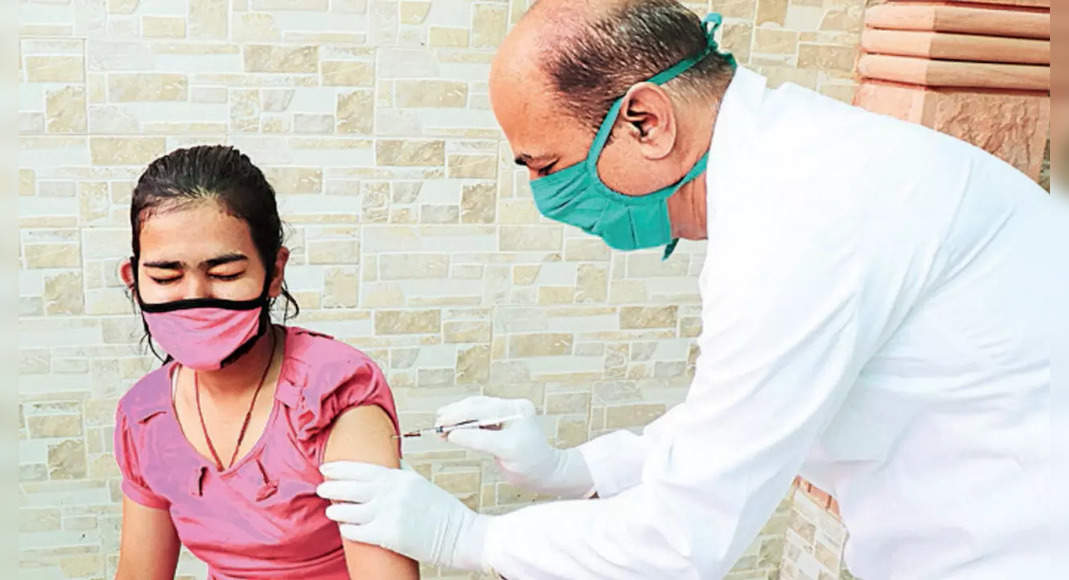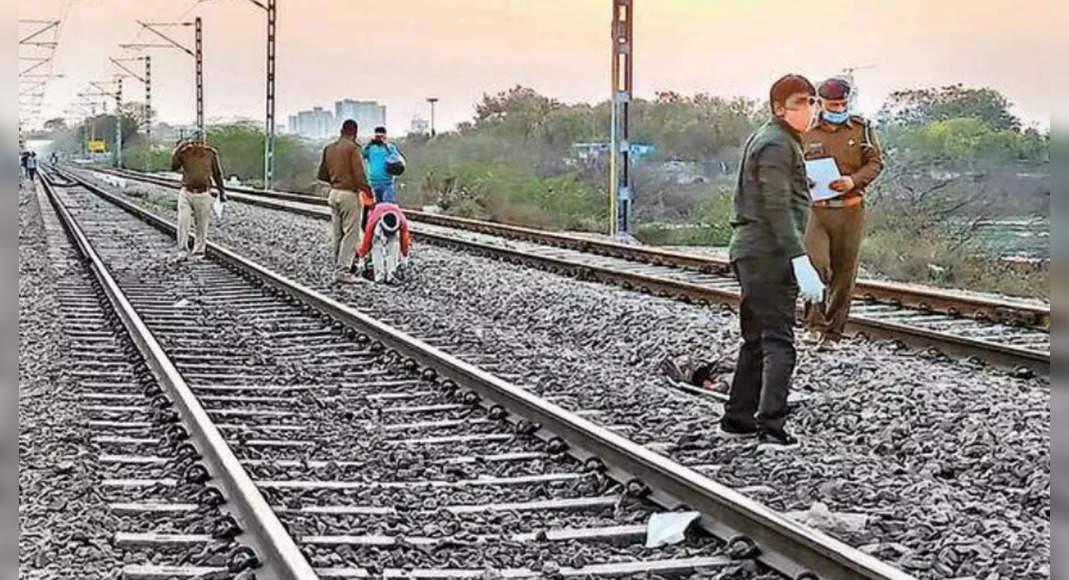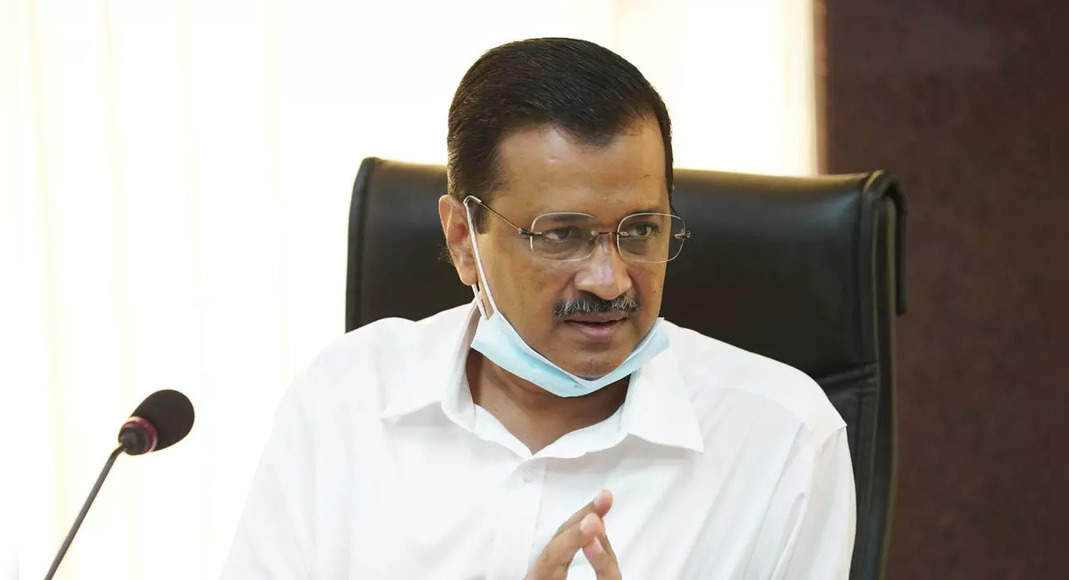NEW DELHI: After a building collapse in south Delhi’s Panchsheel Park on Wednesday resulted in the death of 25-year-old Ishan Seth, questions are being raised over the supervision of building norms by the municipalities.
Facing criticism for the manner in which illegal additions and constructions cause such accidents, civic officials said on Thursday that the building department mostly relied on information and indemnity bonds submitted by the house owner, architect and structural engineer at the time of sanctioning the building plans.
Officials argued that it was impractical to depute staff at all construction sites to check irregularities, which is why documents such as self-declaration to abide by the building bylaws weresought as was an indemnity bond from the house owner, architect and structural engineer overseeing the construction.
“The bonds and documents clearly state that strict action, including booking of property and penal action against the owner and architect, will be taken in case of negligence or if any illegality is found at the structure,” said a South Delhi Municipal Corporation official.
“At least in planned colonies like Panchsheel Park, there is no scope for irregularities and I don’t think the architect or structural engineer will take risks.
Still, if we receive any complaints, we organise a field visit immediately.” Residents, however, insist that the civic bodies hardly act on any complaints they file.
“In our colony, several complaints about illegal extension of balconies, building of shacks for labourers, etc were forwarded to the municipal corporation, but no one responded to them,” alleged M K Gupta, of S Block RWA at Panchsheel Park.
The SDMC official’s reaction to such charges was, “If someone makes minor structural changes overnight, it is difficult to detect them and book them because our staff can’t be there all the time.” In the Panchsheel Park incident, a building collapsed apparently due to digging work for a basement in the adjacent house.
“The contractor had allegedly dug right up to the plinth of my building which weakened the foundation and resulted in a collapse,”’ said Praveen Jain, owner of the affected house.
The RWA’s Gupta said, “There earlier was a provision making a 5-6 feet gap mandatory between the boundaries or the basements of adjacent houses.
But that norm was also dropped from the building bylaws.” The preliminary probe by police did indicate that the basement was being dug too close to the residential apartment.
“Some gap should have been maintained.
The earth remover makes a lot of vibrations, which can lead to a collapse, as it did in this case,” a police officer said.
Atul Sethi, the father of the deceased youth, said, “I hope no one goes through the tragedy of losing a son in an incident like this.
I believe the law will take its course and there will be a thorough investigation.
Sethi said his son was pursuing his master’s degree in English while also working for an online company.
“We are originally from Delhi and lived in Kirti Nagar.
But we later decided to move to Mussoorie where I work as a chef,” said Sethi.
“My son was staying in a rented accommodation at Panchsheel Park because he wanted to be close to his college.
He was in the college magazine editorial team and loved writing.”

